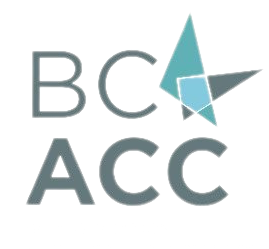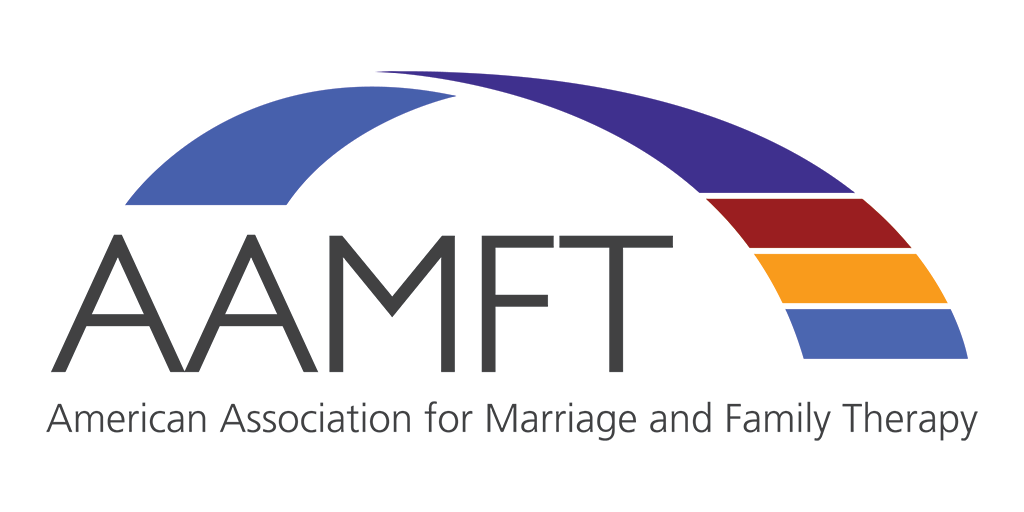Privacy Policy
Privacy of personal information is an important principle in our practice. I am committed to collecting, using and disclosing personal information responsibly and only to the extent necessary for the services we provide. Each service provider is in independent practice and will provide any special privacy information which applies in a particular situation.
What is Personal Information? Personal information includes information that relates to a person’s characteristics (e.g., gender, age, income, address or phone number); health; capacity to make decisions; activities and views (e.g., religion, opinions expressed by an individual).
Reasons for Collecting Information: We collect, use and disclose personal information in order to serve our clients. The primary reason for collecting personal information is to provide clinical or professional services. We rarely collect information without a client’s consent, but this might occur in an emergency or where we believed the client would consent if asked (e.g., a family member passes on a message on from a client). We also collect and disclose information to bill clients or to collect unpaid accounts. The cost of some services we provide to clients is paid for by third parties (e.g., insurance companies, The Office of the Public Guardian & Trustee). These third-party payers may have the client’s consent or legislative authority to direct us to collect and disclose certain information.
Protecting Personal Information – Confidentiality: You have the right to request that we provide information in your file to third parties. With the exceptions below, personal information is not revealed to anyone without your consent. Below are the situations in which we may be required to release information without consent.
- Children at risk of abuse or neglect
- Risk of suicide or serious harm to others
- Sexual abuse by another health professional
- A subpoena by the court
- Professional quality assurance evaluations
- At the request of the College regulating our professional practice
Retention and Destruction of Files: Clinicians are required to keep files for 10 years, or for 10 years after the 18th birthday of a child under the age of 18 at the time of the provision of service.
You Can Review the Information in Your File: With only a few exceptions, you have the right to see the information in your file. Before information is provided by mail, we may need to confirm your identity.
We reserve the right to charge a nominal fee for requests which incur costs such as photocopying. We may ask you to put your request in writing. If we cannot give you access, we will tell you within 30 days if possible and tell you the reason, as best we can, why we cannot give you access. If you believe there is a mistake in your file, you have the right to ask for it to be corrected. This applies to factual information and not to any professional opinions we may have formed. We may ask you to provide documentation that our files are wrong. Where we agree that we made a mistake, we will make the correction and notify anyone to whom we sent the information. If we do not agree that we have made a mistake, we will include in the file a brief statement from you and we will forward that statement to anyone else who received the earlier information.
Raising a Concern: If you have a concern about our services or a privacy issue, we would ask you to discuss it with us. If we cannot satisfy your concerns, you may contact the College which regulates the services of the professional you have consulted.
BC Association of Clinical Counsellors (BCACC)
109-1034 Johnson St.
Victoria, BC V8V 3N7
Tel: 416-961-8817
Toll free: 1-800-909-6303









